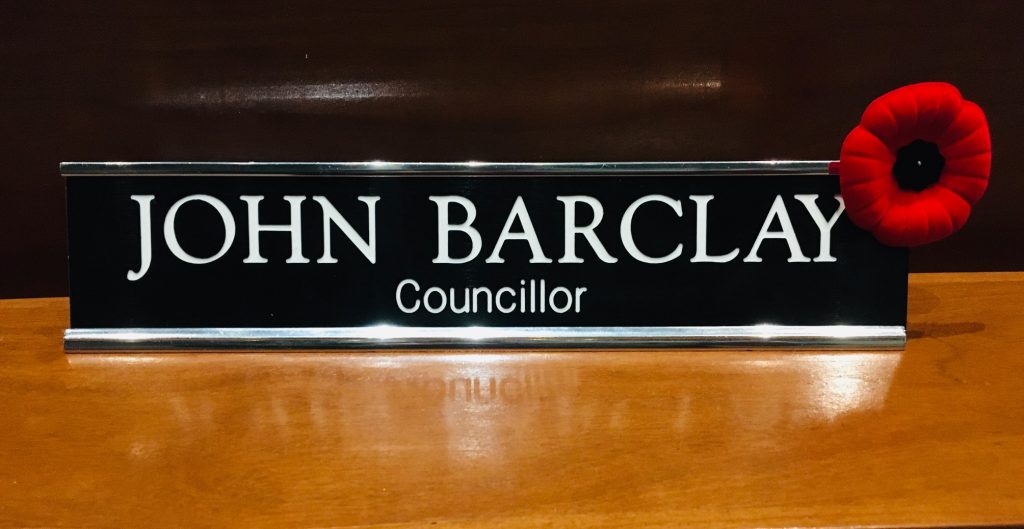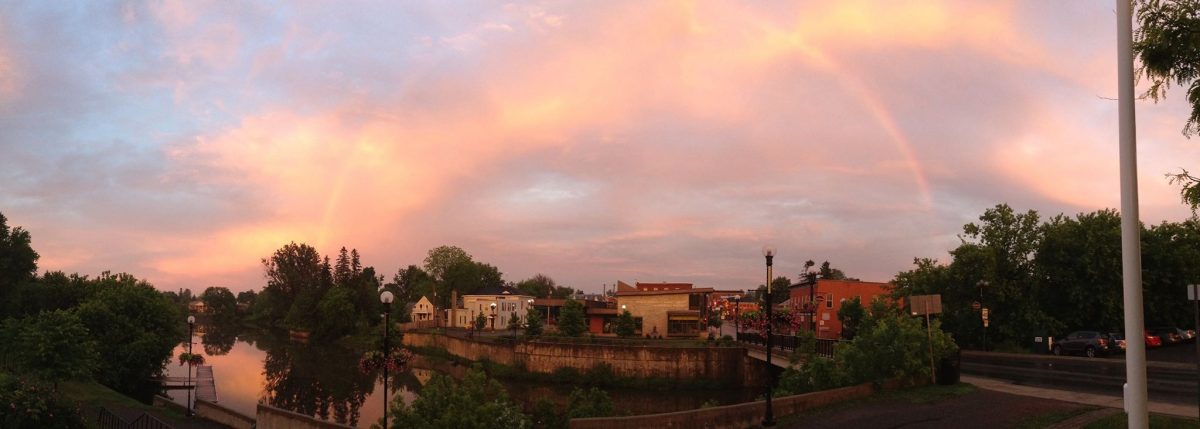(Published in the NGTimes, Aug 11, 2022)
Friends, family and more recently, prospective candidates for Council have asked me, “What’s it like?”
Being on Council is challenging. Rewarding but challenging. Of all the roles a Councillor plays; Policymaker, Steward, Leader, Representative, it’s the representative role that’s the most challenging and contentious, in my opinion. This article attempts to illustrate why.

How do you balance the wants, needs and expectations of a single resident, small groups of residents or business owners against those of the entire community? Is it simply a case of the majority rules? How do you address competing interests? Do you use expensive direct democracy tools like referendums, plebiscites, or cheaper less accurate surveys to inform your decisions?
In North Grenville, we leave decisions on critical issues up to the judgement of five so-called representatives whom we elect to Council every four years. Five individuals with different backgrounds, interests, life experiences and by extension, different understandings of the larger community they’ve been elected to represent. They don’t always agree and so, ultimately it comes to a vote.
Election to Council has required a much broader understanding of the issues that impact this municipality as a whole. My focus has been on making decisions that are based on evidence rather than ideology or personal bias. It’s taken diligence and certain amount of self-reflection to try to get it right. Having advice and support from competent professional staff at the municipality certainly helps. Maintaining respectful communication and conferring with my Council colleagues has also been key to arriving at workable solutions to complex problems.
Engaging with the broader public daily, one quickly becomes aware of the often-competing interests and expectations that residents and business owners have. Unpacking, assessing, and addressing those interests and expectations has been one of the biggest challenges I’ve experienced being on Council. Making judgements about what best serves the common good can be tricky; decisions are sometimes very unpopular.
To further complicate things, the idea of a collective or common good is being threatened, in my opinion. Besides being imperfect and messy, democracy is inherently fragile. Defining what holds people together in an increasingly diverse and secular community is getting more difficult. Social media is fundamentally transforming the very idea of community. People increasingly self-segregate into virtual communities of like-minded individuals in ways that can make geographic boundaries less relevant.
Social media has also become an influential medium in how residents experience local politics and form candidate preferences. How do you take the measure of a person’s character if you never actually meet them face to face? How do you know they’ll make the right decisions for you and your community? For that matter, what is “your community”?
Luckily, North Grenville suffers less than other municipalities, in my mind, as it still possesses strong values of generosity, volunteerism and community spirit. Unfortunately, the ability to think beyond immediate personal circumstances is what I see lacking in more and more people.
For me there’s an intrinsic value in being involved with different community and non-profit groups. It’s wonderful to see what a group of people can accomplish if they have a common purpose or a shared goal. I find that energizing and invigorating. Identifying a common purpose and a way forward for over 17,000 residents and business owners, however, is a different journey. The recent Community Strategic Plan was a laudable attempt and perhaps the only legitimate document the next Council will have for guidance in pursuing shared goals.
I’ve concluded there is no single, correct approach to fulfilling the representative role of a Councillor. Being on Council requires making decisions that are often difficult and frequently unpopular. It requires having confidence in your own judgement; in trusting your gut; in having confidence that you’ve truly explored and considered what’s best for the common good, as you define it. I found the role of representative to be challenging.
To the curious, including prospective candidates for election to Council, I say, having the sense that you’ve made the right decisions for the right reasons for the community can feel extremely rewarding, at least for me it has. Best of luck to everyone in the choices you’ll be making.


